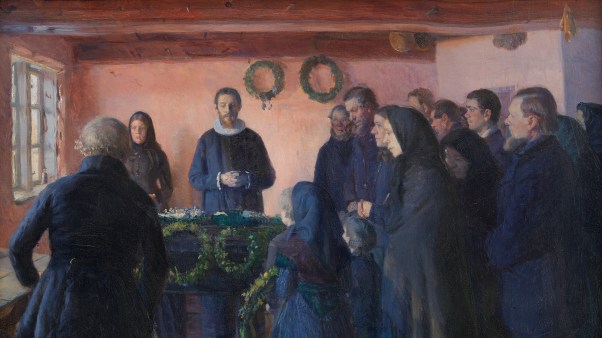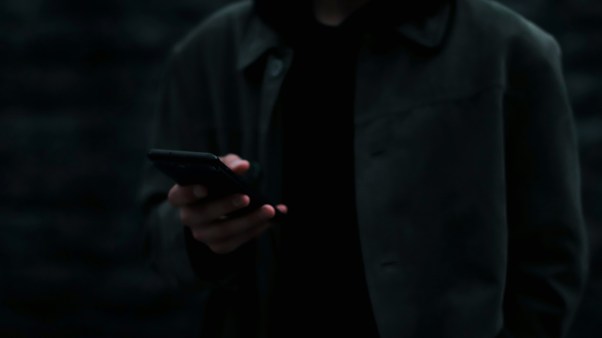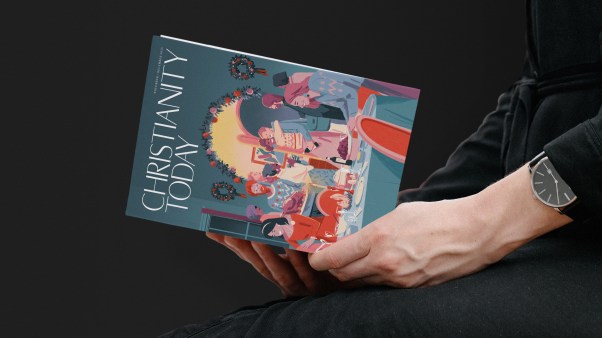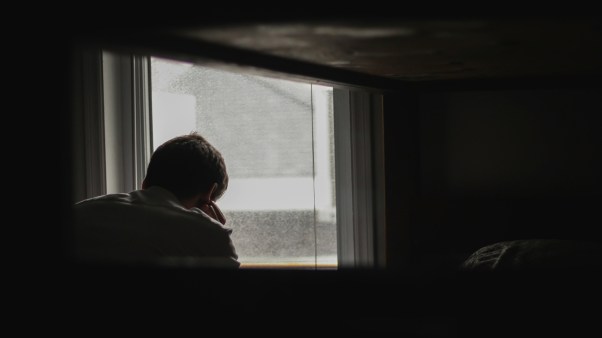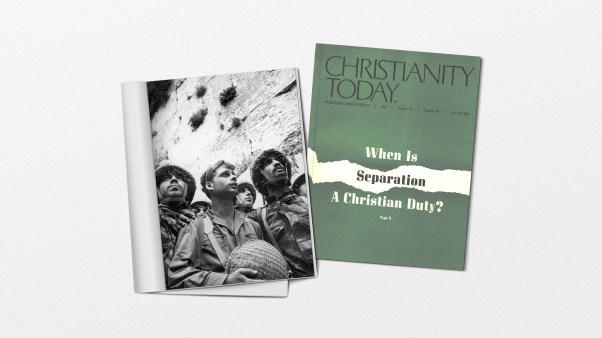Church attendees become more likely to use drugs and drink heavily when states abolish “blue laws.” So says a recent study, “The Church vs. the Mall: What Happens When Religion Faces Increased Secular Competition?” The study also found that weekly church attendance and church giving decline after states repeal blue laws, which restrict commerce and labor on Sundays.
“They aren’t quitting whole hog,” said Daniel Hungerman, a study author and assistant professor of economics at the University of Notre Dame. Instead, those who attend weekly might go monthly, and monthly attendees might show up just at Christmas and Easter. While church giving decreased, the study found other charities saw a corresponding increase in donations.
When a blue law is in place, non-church-goers are about 10 percent more likely to drink heavily than churchgoers. After blue laws are repealed, the gap closes to about 5 percent.
For marijuana and cocaine use, the gap nearly disappears. Non-churchgoers are 11 percent more likely to smoke pot while blue laws are in place. After repeal, the two groups look almost the same.
What’s the connection? One possibility is that blue laws do what they set out to do, Hungerman said. They encourage Sabbath rest and church attendance while promoting moral behavior.
Sunday closing laws have been around in America since the 13 original colonies. By the late 1800s, blue laws were on the books almost everywhere, forbidding activities like playing baseball or changing wagon wheels on Sunday. The U.S. Supreme Court upheld blue laws as constitutional in a 1961 case, giving discretion to the states. Nevertheless, most states repealed the laws throughout the next 30 years, despite protests from Christians that the laws limited alcohol abuse and maintained the moral basis of the country. In the eight states that still have statewide blue laws, numerous exceptions greatly decrease their effect.
“Blue laws fell because they became politically untenable,” said Bradley Jacob, associate law professor at Regent University. “Not only did non-Christians find them unfair, but even Christians found them silly, archaic, and legalistic.”
Growing individualism is partially responsible for the decrease in Christian support for Sabbath observance, said Dorothy Bass. “So many think it’s about going to church,” said Bass, director of the Valparaiso Project on Education and Formation of People in Faith. “Then you’ve done your duty.”
Christians no longer worry much about service employees who work on Sundays to keep malls and restaurants open. “There is a justice dimension,” Bass said. “Christian communities that advocate Sabbath worship need to think about those with Sabbath wages.”
Copyright © 2007 Christianity Today. Click for reprint information.
Related Elsewhere:
An abstract of the study, “The Church vs. the Mall” is available at The National Bureau of Economic Research’s site.
Other articles on the study include:
Maybe ‘blue laws’ weren’t so bad | Recall the political storms in the United States over lifting bans on opening stores on Sundays – the so-called “blue laws.” (The Christian Science Monitor)
When Malls Stay Open on Sundays, the Pious Party | Who knew Satan worked at the local mall? (The Washington Post)
Causes and effects | What is wrong with this picture? (World Magazine)
A different study on blue laws, “Legalized Sunday packaged alcohol sales and alcohol-related traffic crashes and crash fatalities in New Mexico,” has also received attention:
Repealing ‘Blue Laws’ on Sunday Alcohol Sales Increased Alcohol-Related Crashes and Crash Fatalities, According to First Study Ever on Topic | New Mexico study finds 29 percent increase in Sunday crashes; 42 percent increase in deaths, as pressure mounts in other states to repeal bans of Sunday sales (The Robert Wood Johnson Foundation)



